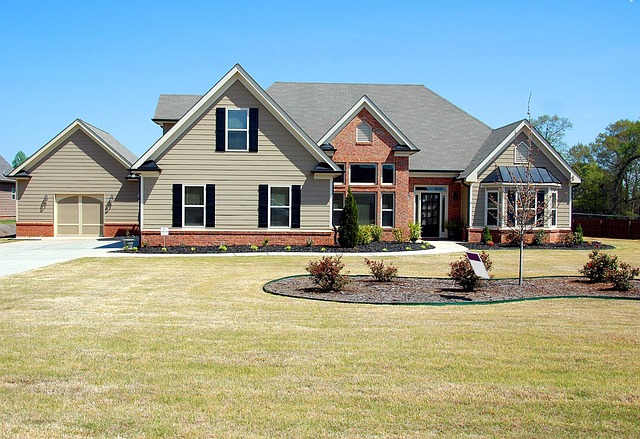What Every Homeowner Should Know About Property Value
Understanding what drives property value is essential for any homeowner, whether you’re thinking of selling, refinancing, or simply investing in your future. This article breaks down the key factors that influence your home’s worth, from location and market trends to renovations and upkeep. By gaining a clear picture of how property values are assessed, you can make smarter decisions to protect and grow your investment with confidence.

What are the primary factors that influence home value?
Several key elements contribute to a property’s overall value. Location is often considered the most crucial factor, as it’s the one thing about a home that can’t be changed. The quality of local schools, proximity to amenities, and neighborhood safety all play significant roles. The home’s size, age, and condition are also major contributors. Additionally, market conditions, including supply and demand in your area, interest rates, and the overall economic climate, can impact property values.
How do location and neighborhood affect property pricing?
Location is paramount in real estate valuation. A home in a desirable neighborhood with low crime rates, good schools, and easy access to shopping, dining, and transportation will generally command a higher price than a similar property in a less favorable area. Proximity to employment centers, parks, and recreational facilities can also boost value. Even within the same city, property values can vary significantly from one neighborhood to another based on these factors.
What role do renovations and maintenance play in home value?
Renovations and regular maintenance can significantly impact a home’s value. Updates to kitchens and bathrooms typically offer the highest return on investment. Energy-efficient upgrades, such as new windows or improved insulation, can also increase value while reducing utility costs. However, it’s important to note that not all renovations will yield a positive return. Overly personalized or luxury upgrades may not appeal to all buyers and could potentially decrease the home’s marketability.
How do market trends impact real estate values?
Real estate markets are cyclical and can be influenced by various factors. Economic conditions, such as job growth or recession, can cause property values to rise or fall. Interest rates play a crucial role; lower rates typically lead to increased buyer demand and higher home prices. Supply and demand in your specific area also impact values. A shortage of homes for sale can drive prices up, while an oversupply can lead to price stagnation or decline.
What unique factors affect home values in the United States?
In the United States, property values can be influenced by regional-specific factors. For instance, homes in coastal areas may command higher prices but also face increased insurance costs due to flood risks. In some states, property tax rates can significantly impact affordability and, consequently, home values. The presence of tech hubs or major employers can create “boom towns” with rapidly appreciating property values. Additionally, zoning laws and local development plans can affect a neighborhood’s desirability and future growth potential.
How can homeowners protect and grow their property investment?
Homeowners can take several steps to protect and enhance their property’s value. Regular maintenance is crucial to prevent minor issues from becoming major problems. This includes tasks like maintaining the roof, updating HVAC systems, and addressing any structural concerns promptly. Strategic improvements, such as updating outdated features or enhancing curb appeal, can boost value. It’s also wise to stay informed about local market trends and development plans that could impact property values in your area.
| Strategy | Potential Impact | Estimated Cost Range |
|---|---|---|
| Regular Maintenance | Preserves value | $1,000 - $5,000 annually |
| Kitchen Remodel | 5-15% value increase | $15,000 - $50,000+ |
| Bathroom Update | 3-7% value increase | $10,000 - $30,000 |
| Energy-Efficient Upgrades | 1-3% value increase | $5,000 - $15,000 |
| Landscaping Improvements | 5-12% value increase | $3,000 - $15,000 |
Prices, rates, or cost estimates mentioned in this article are based on the latest available information but may change over time. Independent research is advised before making financial decisions.
Understanding and monitoring your home’s value is an ongoing process that requires attention to various factors. By staying informed about market trends, maintaining your property, and making strategic improvements, you can work to protect and potentially increase your home’s value over time. Remember that while some factors are beyond your control, many aspects of your property’s worth can be influenced by your actions and decisions as a homeowner.




